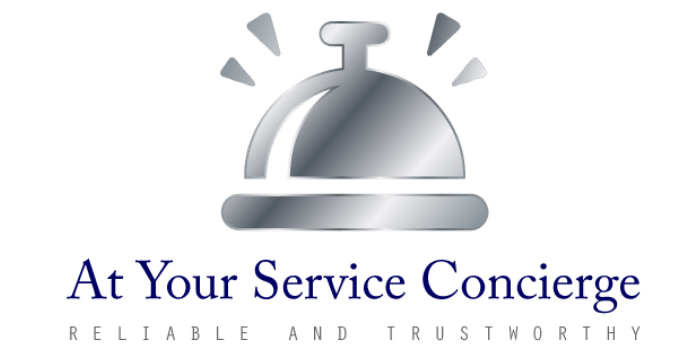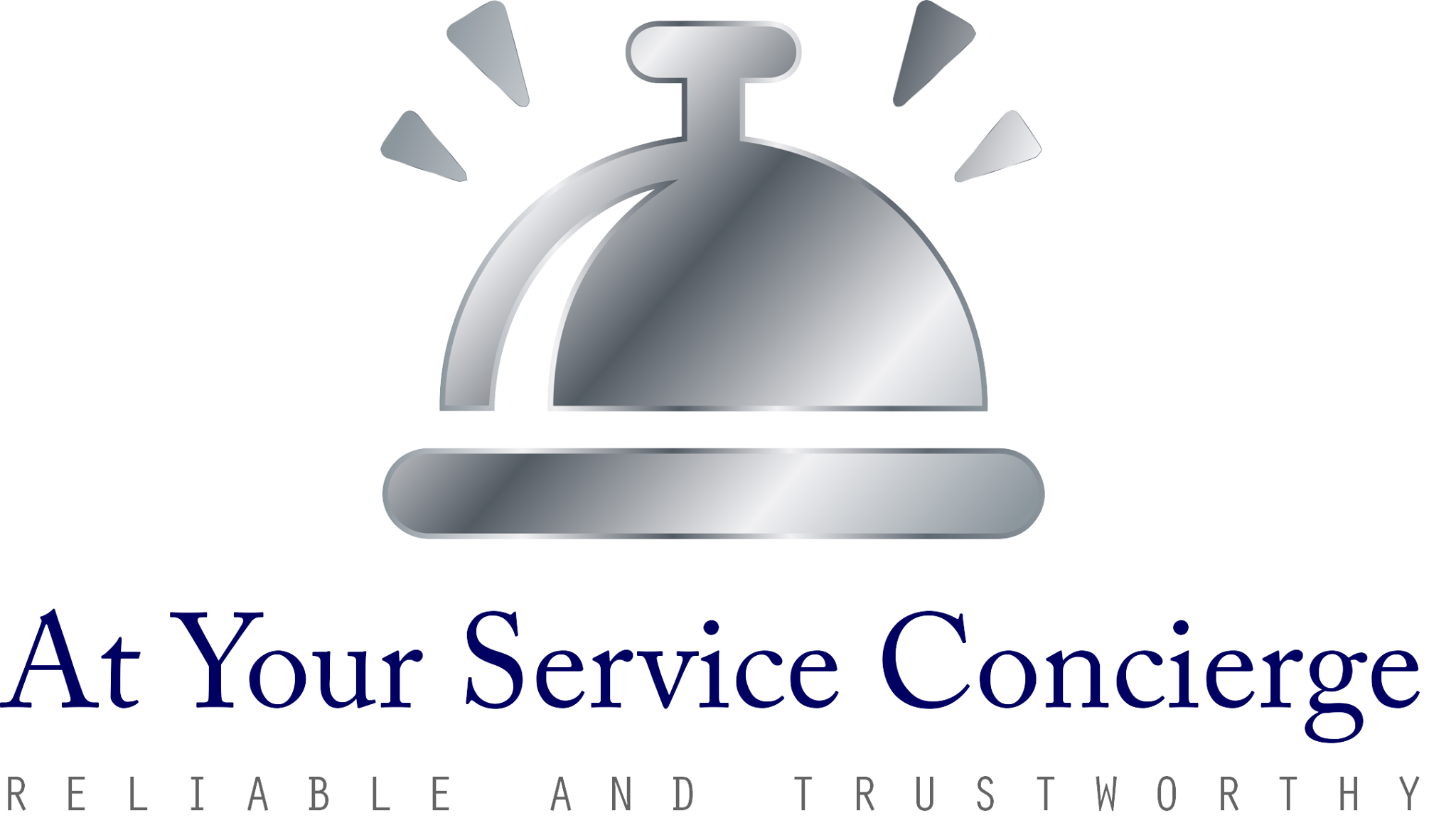Recently, I wrote about my brother’s passing and factors related to processing death of a sibling as an adult. As my sister and I were discussing the article, the topics of what happens to accrued points and miles upon death as well as other digital accounts such as Facebook and Twitter came up.
Since I had no knowledge in this area, I researched these topics and I will present the most current information about digital asset management, according to South Carolina law.
Regarding how accrued points and miles are processed upon one’s death, it is best to query the individual hotel, airline or credit card because policies vary across the board, with some allowing transfer to a spouse but not to children (as in the case if mentioned in a will). A website I found helpful, the Points Guy, offers a lot of tips on how you can manage points and miles, to include gifting them to people and/or charities while you are still alive. It’s prudent to know what programs your spouse is involved in; a number of articles stated there are thousands of unused points due to death with a lot of value. (‘Til death do us part: Loyalty rewards don’t live on)
Digital assets can be categorized as follows:
- Computers and devices: content from desktops, laptops, tablets, and mobile phones
- Email: content from incoming, sent, and stored messages
- Content from social media sites such as Facebook, Twitter, Flickr, Pinterest, LinkedIn, and others
- Online businesses including online stores, blogs, and websites, including PayPal, eBay and Etsy
- Multimedia content or other digital mementos from Shutterfly, Snapfish, Flickr, Instagram, and other digital content sites:
Your online content forms a rich collection of information that reflects who you are. That makes it valuable. Some digital assets, like PayPal accounts or online businesses, have distinct financial value as well. As you create more photos, movies, email messages, blogs, and make online financial and business transactions, you create a personal and financial online portfolio that becomes a fuller reflection of you.
Like millions of people worldwide, you probably have email stored on your personal computer, smart phone or in the cloud. You might have one or more social media accounts. You likely have many photos stored in online photo albums. Email, photos, multimedia, online banking transactions, and social media accounts are just some examples of your digital life or identity. Having a digital life or “digital profile” leads to a natural, important question: What happens to all of that online content when you pass away?
In June 2016, the state of South Carolina, passed the Uniform Fiduciary Access to Digital Assets Act, and this website gives a great description of what the Act entails. Some lawyers and estate planners are preparing digital asset management as part of the estate planning process.
To get your own house in order, first, take inventory of all your online accounts, including e-mail, social networks, blogging sites, photo-sharing sites, frequent-flier accounts, shopping sites such as Amazon.com, credit card accounts, and online bill-payment accounts, such as those established with utilities. For each account, list log-in and password information as well as answers to “secret” questions.
When you’ve completed your inventory, write down where you’ve stored the information and the master password needed to access it. Put that information in your safe deposit box or in your attorney’s vault. Seniors creating a power of attorney document should also include specific language authorizing their agents to deal with their digital assets.
When I moved my mother to South Carolina, we created online accounts for her Social Security, banking and retirement pension. These passwords must be preserved and managed well because access on your parent’s death will be one less headache you will have to deal with during times of grief.
I was also unaware that my brother had a Facebook account, and it was bittersweet to see the pictures that he had posted. If my family decides to delete the account, we will use a Special Request form. Also, if I had known my brother had one, we could have memorialized the account. “Memorialized accounts are a place for friends and family to gather and share memories after a person has passed away. Memorializing an account also helps keep it secure by preventing anyone from logging into it. If Facebook is made aware that a person has passed away, it’s our policy to memorialize the account.” This link also discusses a legacy contact.
Despite the devilish details, it’s essential to include online accounts in the estate-planning process. Failure to plan ahead may prevent loved ones from recovering family photos or videos or settling your final bills. It also could leave your estate vulnerable to postmortem identity theft, if fraudsters decide to apply for credit cards in your name while nobody’s watching your accounts.

